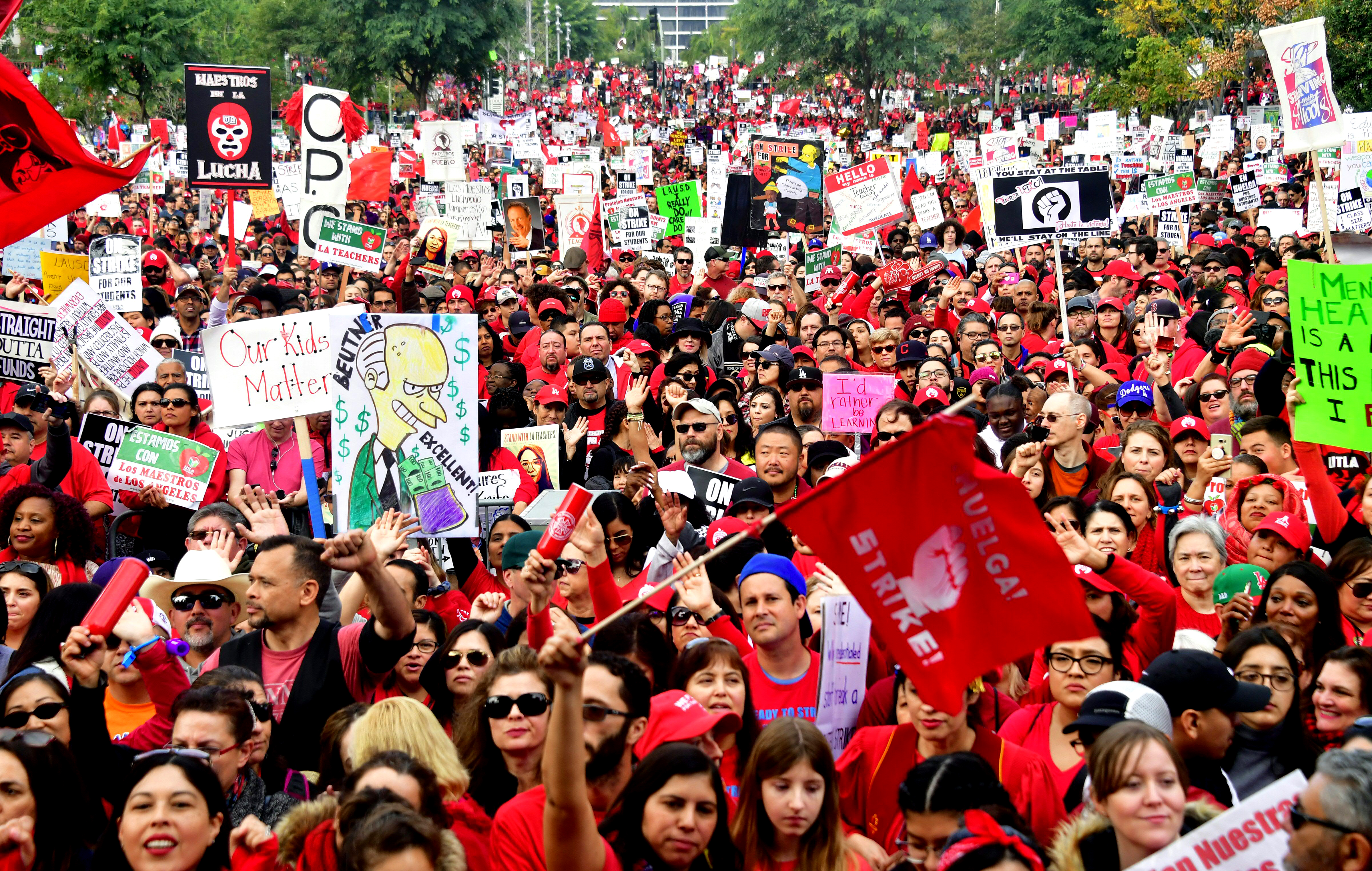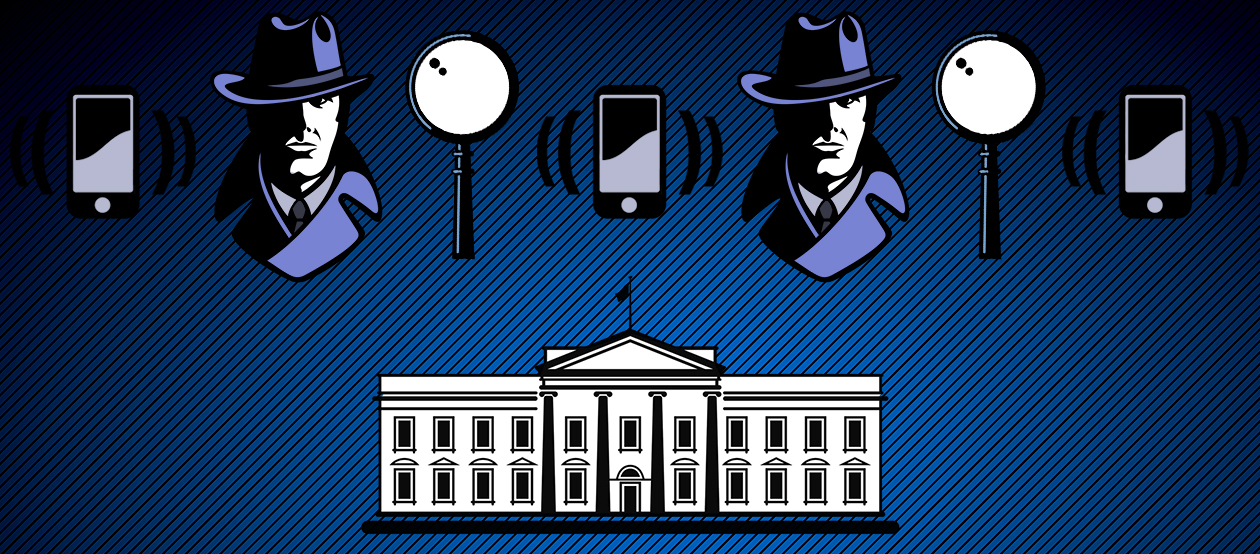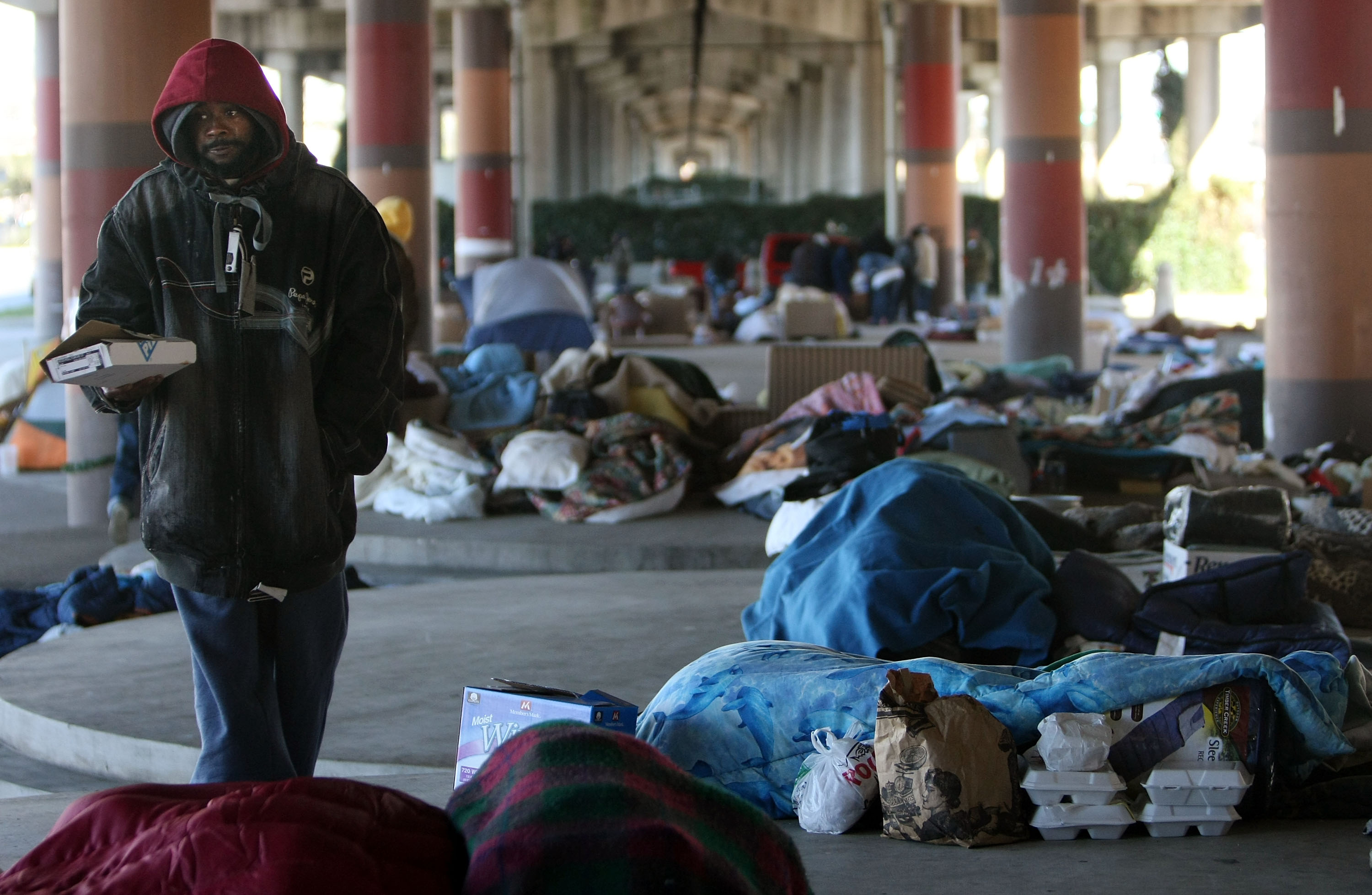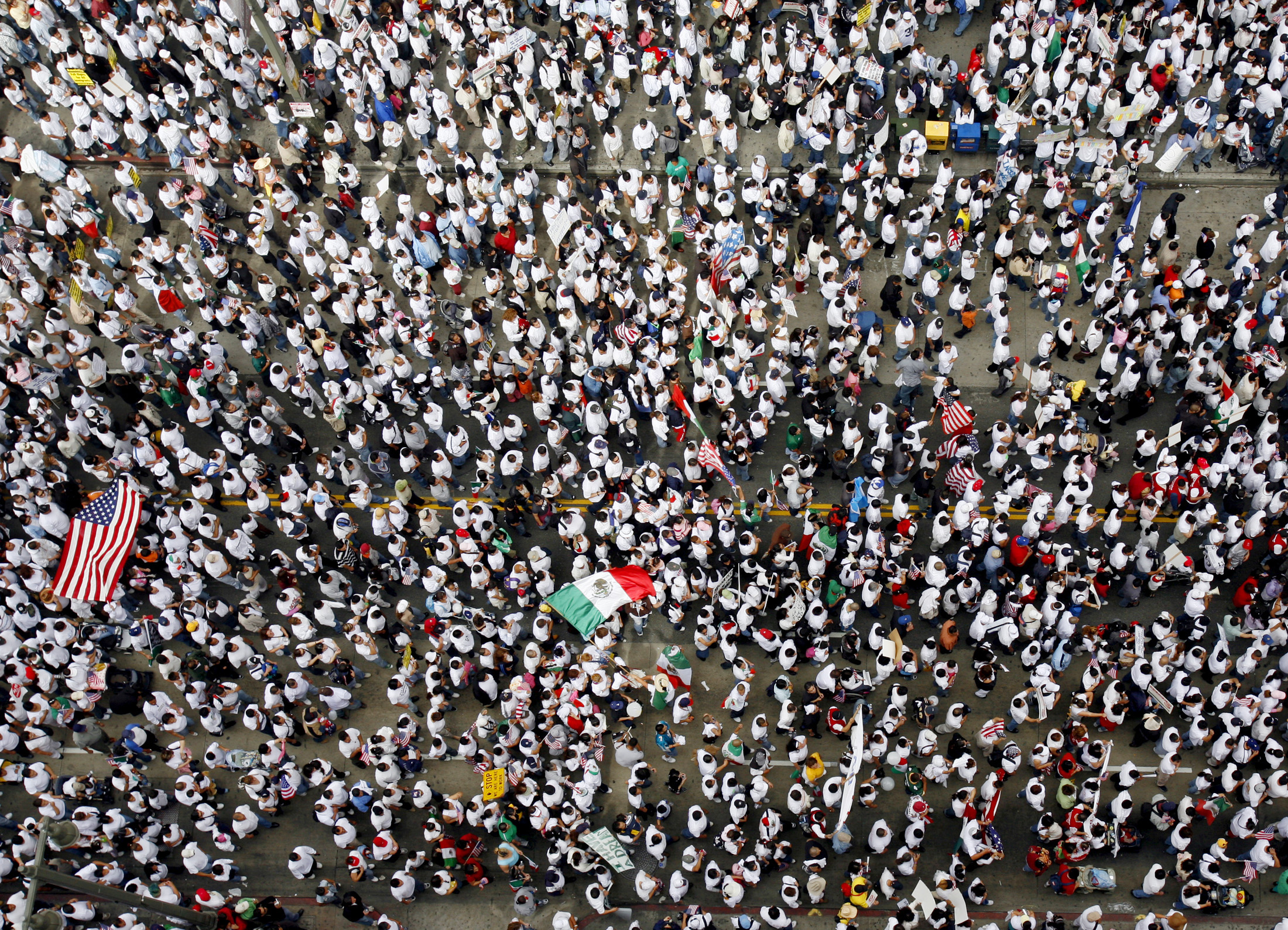The new NSA chief is surprisingly measured about secrecy
This is a good thing


A free daily email with the biggest news stories of the day – and the best features from TheWeek.com
You are now subscribed
Your newsletter sign-up was successful
Contradicting just about every other intelligence official known to man, the new head of the National Security Agency, Michael S. Rogers, assesses the damage caused by the Edward Snowden leaks as "manageable."
He told The New York Times' David Sanger that while he had seen evidence that terrorists had discussed the NSA methods revealed by Snowden, "You have not heard me as the director say, 'Oh my God, the sky is falling.' I am trying to be very specific and very measured in my characterization."
This is a good thing to hear from the head of the NSA. It suggests to me that he is less enamored by the power of secrecy than many others in the intelligence community. Perhaps he has a more modern understanding of how intelligence should function in a society that craves more transparency and has the means itself to rapidly spread and collect information.
The Week
Escape your echo chamber. Get the facts behind the news, plus analysis from multiple perspectives.

Sign up for The Week's Free Newsletters
From our morning news briefing to a weekly Good News Newsletter, get the best of The Week delivered directly to your inbox.
From our morning news briefing to a weekly Good News Newsletter, get the best of The Week delivered directly to your inbox.
The "sky is falling" view comes from several places. One is a legitimate assessment of the damage that the leaking of the entire Snowden corpus could do. A tiny fraction of the documents Snowden took from the NSA has been published, and apparently, there is no news organization that has any plans to release them. Presumably, the reporters who have the files have protected them from foreign governments, too. (Why these organizations won't publish more than they have is an interesting question and the subject of much debate, but it's a separate question.)
A second source of anxiety about the existential threat posed by the Snowden leaks is less solid. The fraternity of secrecy bonds over secret knowledge. That knowledge is holy. If the knowledge is disseminated, the high-level secret-keepers aren't as special. They will protect their own like a Mama Grizzly, thank you Sarah Palin. I've noticed that this unquestioned belief in the sanctity of secrets is more pronounced among people who have been in the national security establishment for their entire lives.
One reason why Congress (and the courts) seem not to have been so aggressive in oversight is that they lacked permission to challenge the authority of the secret-keepers on their own terms. That's changing now, and we should be grateful it is. That's because rigorous oversight, if we want it, must be secret, because many secrets are legitimately secret. But if oversight will be immune from a standard of transparency, then the public must have confidence that the oversight mechanisms are strong.
A free daily email with the biggest news stories of the day – and the best features from TheWeek.com
Marc Ambinder is TheWeek.com's editor-at-large. He is the author, with D.B. Grady, of The Command and Deep State: Inside the Government Secrecy Industry. Marc is also a contributing editor for The Atlantic and GQ. Formerly, he served as White House correspondent for National Journal, chief political consultant for CBS News, and politics editor at The Atlantic. Marc is a 2001 graduate of Harvard. He is married to Michael Park, a corporate strategy consultant, and lives in Los Angeles.
-
 The Olympic timekeepers keeping the Games on track
The Olympic timekeepers keeping the Games on trackUnder the Radar Swiss watchmaking giant Omega has been at the finish line of every Olympic Games for nearly 100 years
-
 Will increasing tensions with Iran boil over into war?
Will increasing tensions with Iran boil over into war?Today’s Big Question President Donald Trump has recently been threatening the country
-
 Corruption: The spy sheikh and the president
Corruption: The spy sheikh and the presidentFeature Trump is at the center of another scandal
-
 The recycling crisis
The recycling crisisThe Explainer Much of the stuff Americans think they are "recycling" now ends up in landfills and incinerators. Why?
-
 The L.A. teachers strike, explained
The L.A. teachers strike, explainedThe Explainer Everything you need to know about the education crisis roiling the Los Angeles Unified School District
-
 The NSA knew about cellphone surveillance around the White House 6 years ago
The NSA knew about cellphone surveillance around the White House 6 years agoThe Explainer Here's what they did about it
-
 America's homelessness crisis
America's homelessness crisisThe Explainer The number of homeless people in the U.S. is rising for the first time in years. What’s behind the increase?
-
 The truth about America's illegal immigrants
The truth about America's illegal immigrantsThe Explainer America's illegal immigration controversy, explained
-
 Chicago in crisis
Chicago in crisisThe Explainer The "City of the Big Shoulders" is buckling under the weight of major racial, political, and economic burdens. Here's everything you need to know.
-
 The bad news about ISIS's defeat in Ramadi
The bad news about ISIS's defeat in RamadiThe Explainer The contours of a broader sectarian war are coming into focus
-
 America can still destroy the world
America can still destroy the worldThe Explainer The decline of U.S. military power has been greatly exaggerated
